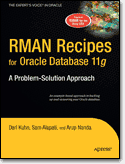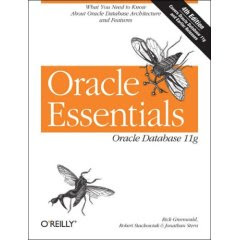
Product Description
Write powerful SQL statements and PL/SQL programs
Learn to access Oracle databases through SQL statements and construct PL/SQL programs with guidance from Oracle expert, Jason Price. Published by Oracle Press, Oracle Database 11g SQL explains how to retrieve and modify database information, use SQL Plus and SQL Developer, work with database objects, write PL/SQL programs, and much more. Inside, you'll find in-depth coverage of the very latest SQL features and tools, performance optimization techniques, advanced queries, Java support, and XML. This book contains everything you need to master SQL.
* Explore SQL Plus and SQL Developer
* Use SQL SELECT, INSERT, UPDATE, and DELETE statements
* Write PL/SQL programs
* Create tables, sequences, indexes, views, and triggers
* Write advanced queries containing complex analytical functions
* Create database objects and collections to handle abstract data
* Use large objects to handle multimedia files containing music and movies
* Write Java programs to access an Oracle Database using JDBC
* Tune your SQL statements to make them execute faster
* Explore the XML capabilities of the Oracle Database
* Master the very latest Oracle Database 11g features, such as PIVOT and UNPIVOT, flashback archives, and much more
DownloadHere










